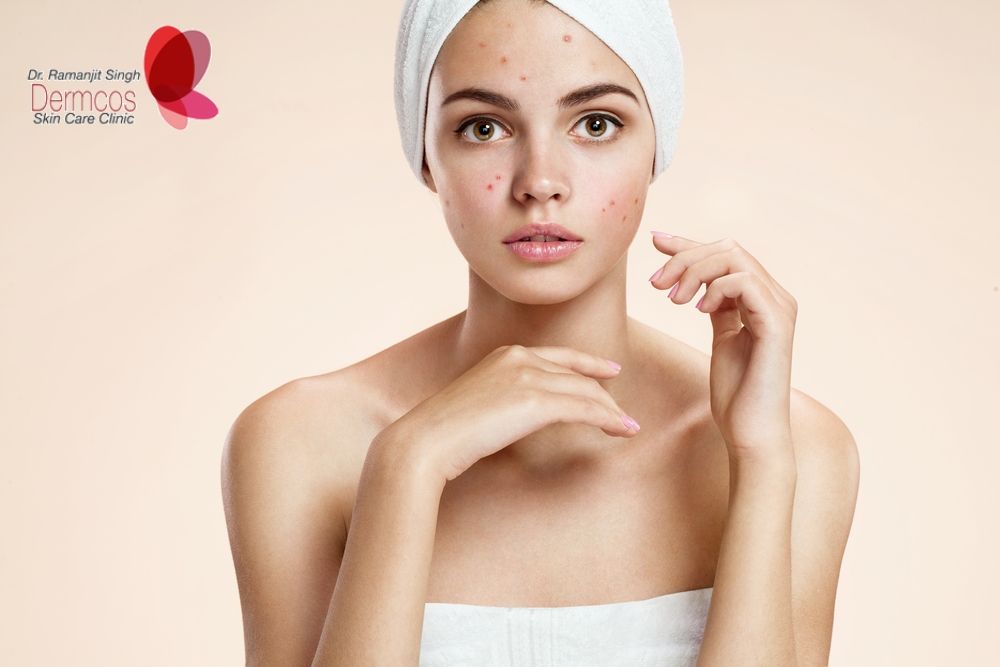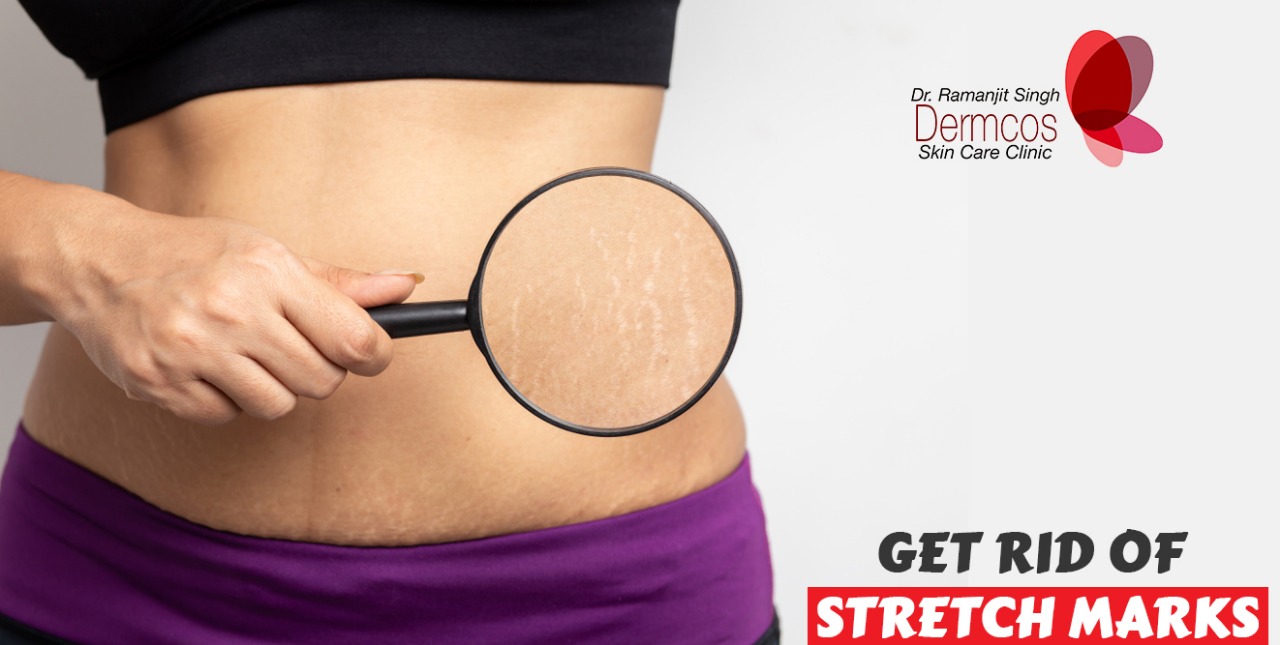Almost all the teens are extremely cautious about their looks and want it to be perfect. However, this is also the age when your body underwent several changes inviting many skin problems. One of the most common teenage skin problems is acne. These occur when the skin pores are clogged by an oily substance called sebum. They can appear anywhere on the face, chest, neck, shoulder, upper arms, and back. The severity also varies. For some, these are not much bothering while for others these can be painful. No matter what kind of acne you have, Dr. Ramanjit Singh’s Dermcos skincare clinic is the definite solution. The team here works with positive intentions, constant efforts and intelligent execution of the treatment to provide excellent results. The specialists will not only treat acne but also clear the apprehensions about teenage skin problems.
Types of Teenage Acne
Teenage acne can appear on your skin as pimples or hard deep lumps on your body. They can also be fewer or larger in number. Teenage acne is not a serious health issue. But some of the severe acne can cause permanent scars on your skin. They are broadly classified into four categories.
- Whiteheads
Whitehead acne occurs when the white dots or the pores are impacted with oil and get covered by the skin layer.
- Blackheads
In some cases, the material gets pushed out through the follicles to impact the pores and create blackheads.
- Nodules
If the tissues around the clogged follicles are infected or inflamed, it may appear red and swollen. These are serious lesions and also called papules or pustules.
- Cysts
Cysts are created when pimples get infected and filled with pus. These are deep acne that is often painful and leaves prominent scars.
Causes of Teenage Acne
The causes of acne in the teenagers,
- Most of the teenage acne is the result of hormonal changes that take place in your body. There are oil glands in your skin pores that produce sebum. During puberty, the production of sex hormones androgen increases.
- This increased hormone makes the oil gland enlarged and hyperactive. As a result, there is too much oil that clogs the skin pores causing acne.
- Another common reason for teenage acne is genetics. If your parents have had acne in their teenage, you are also likely to get them.
- Some medicines can also affect androgen production and result in acne. These medicines include lithium, prednisone, etc.
- Some cosmetics which are oil-based or have greasy consistency are also a potential cause of acne.
Treatments for Acne
Your family practitioner or internists can treat acne which is not severe. If you have severe and stern acne, you should consult a dermatologist. There are many ways acne can be treated.
- Over the counter or Prescribed Topical Treatment: Gels, creams, or lotions that contain acetic acid, benzoyl peroxide, salicylic acid, and sulfur. You can apply these products on your direct skin to relieving the acne.
- Oral Drug: For mild to severe acne oral antibiotics and anti-inflammatory medicines can be prescribed.
- In-Office Treatment: For severe acne, in-office treatments are used. Intralesional cortisone injections are used to treat cysts. Other treatments like light, acid peels can also be deployed.


